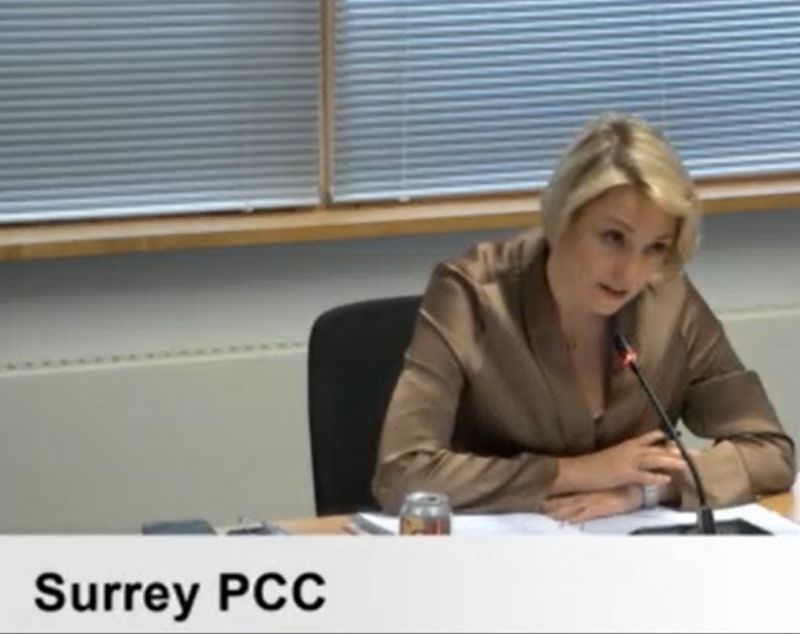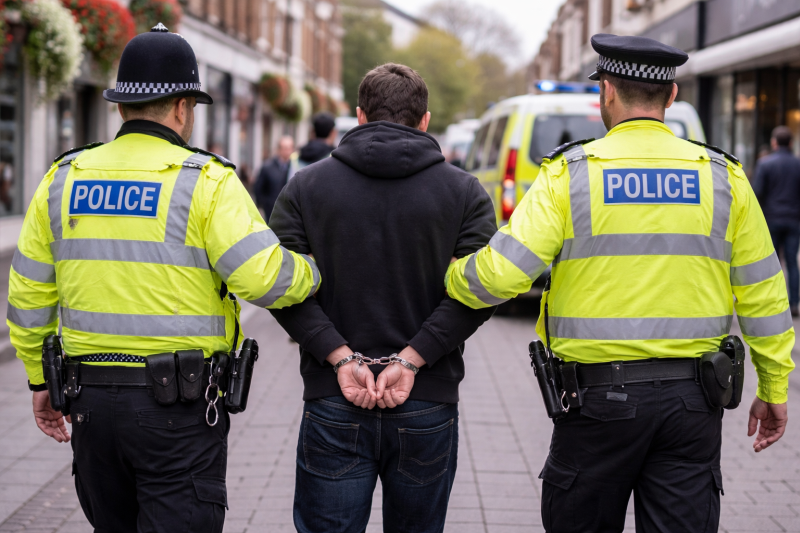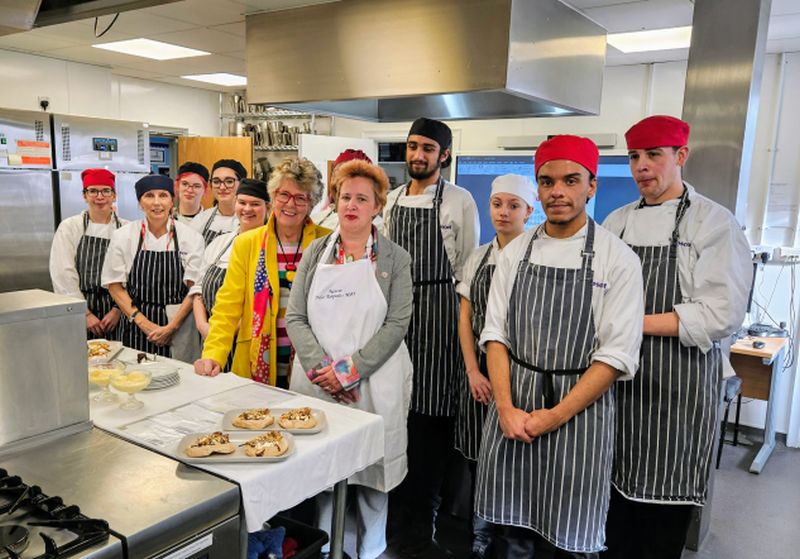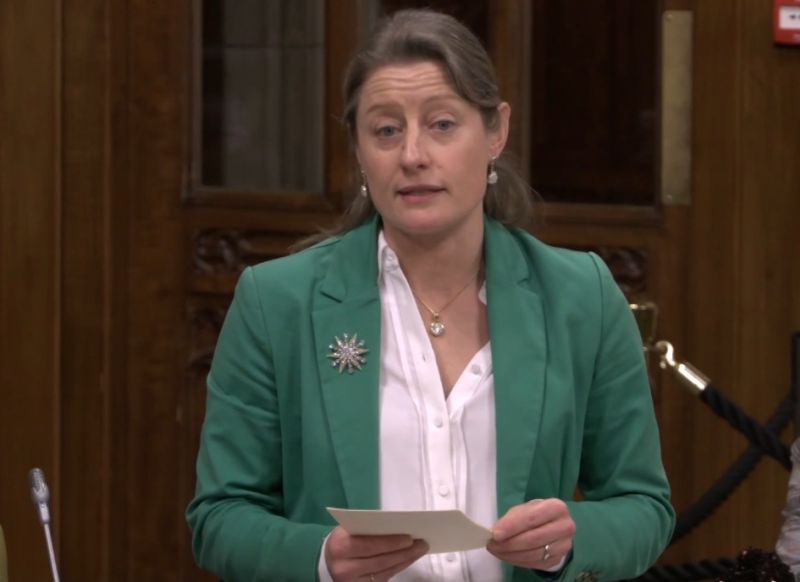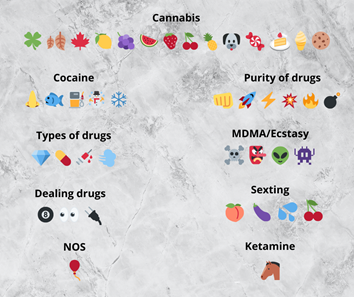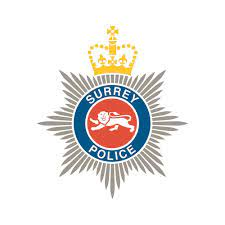Are you emoji aware?
Over the past two weeks, Surrey Police has been raising awareness about the alternative meanings of emojis, which some young people may use to reference drugs and sexual behaviour.
Have you ever wondered how children use emojis in their day-to-day life? Does that snowflake really mean snow is on the way? Are fruit emojis always only used to reference fruit?
These are some of the questions we have been addressing in our most recent campaign, which is focused on being ‘emoji aware’.
Throughout the campaign, we have aimed to educate parents, carers, teachers and those working with children on this secret world of emojis and their more concerning meanings. While this campaign might sound worrying, and we want to highlight the serious meaning these emojis can take on, we are keen to stress that the use of these emojis on their own does not necessarily mean a child is involved in drugs. Instead, this may be seen as part of a bigger picture of a change in their behaviour. Other changes may include (but aren’t limited to):
- Changes in their mood
- A change in their performance at school
Them becoming increasingly secretive
Detective Chief Inspector Kate Hyder said: “We really want parents and guardians to feel confident to have a conversation with their children about this, if and when they need to. We have shared a lot of information around emojis over the past couple of weeks, both on social media and with our local partners to help raise awareness and start the discussion around this.
“Our focus on this doesn’t stop with the end of this initial campaign. We will be continuing to work with local partners to extend the conversation around emojis. We’re also aware that emojis and their alternative meanings are something that will constantly change, and so our work and research into this will continue.”
For guidance on starting these conversations and support if parents or guardians are concerned, there are a number of resources and services that can help, some of which are specifically for children:
- Catch 22 – Surrey’s Young People Substance Misuse Service
- Talk to FRANK has helpful advice about drugs for children and parents
- NSPCC has advice about keeping your child safe, including how to have difficult conversations
- Childline – information for young people about drugs and sexual relationships
- YMCA WiSE (What is Sexual Exploitation) supports young people around staying safe in relationships, online and in the community
- Surrey Police website about county lines drug dealing
This isn’t a campaign that starts and finishes within this two-week window. Instead, this is about encouraging parents and guardians to have conversations with their children at a time that works for everyone involved. What is vital in these discussions is trust. We’re very aware that checking phones could break down this trust between a parent and their child, and therefore we are not suggesting parents do this. Instead, we want people to be aware of what these emojis mean, in case they do happen to see them.











